
Funke Afolabi-Brown, MD, FAASM, chief executive officer of Restful Sleep MD, discussed the potential role of family dynamics and individualized planning in the effective management of pediatric sleep disorders.

Funke Afolabi-Brown, MD, FAASM, chief executive officer of Restful Sleep MD, discussed the potential role of family dynamics and individualized planning in the effective management of pediatric sleep disorders.
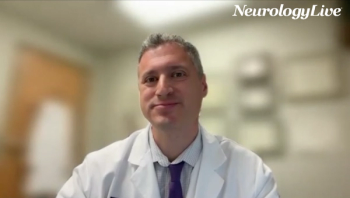
The director of outpatient care at Jefferson Headache Center reflected on advances in migraine care and the ongoing outpatient challenges in treating this widespread yet under-recognized condition. [WATCH TIME: 3 minutes]

Mind Moments®, a podcast from NeurologyLive®, brings you an exclusive interview with Rajesh Pahwa, MD. [LISTEN TIME: 15 minutes]
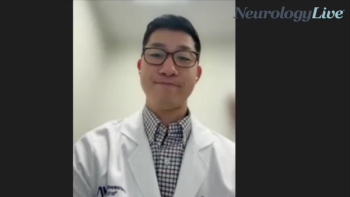
The neurosurgeon at Northwestern Medicine discussed diagnostic approaches, evolving treatment strategies, and the importance of timely referral in managing peripheral nerve injuries. [WATCH TIME: 3 minutes]
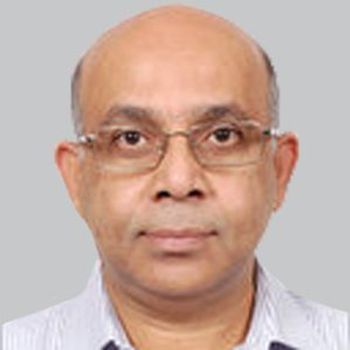
A new phase 2 study explores samelisant's potential to treat cataplexy in narcolepsy type 1, promising improved patient outcomes and safety.

New 5-year findings from the National RLS Opioid Registry presented at SLEEP 2025 highlight the long-term stability and dose trends of low-dose opioid therapy in patients with restless legs syndrome.
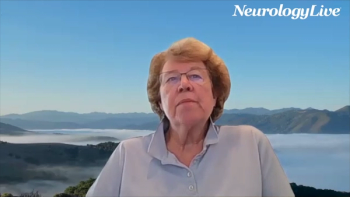
Members from Nuvig Therapeutics discussed how NVG-2089 could improve the CIDP treatment landscape by offering IVIG-like efficacy with a better safety and administration profile. [WATCH TIME: 3 minutes]

Switching to once-nightly sodium oxybate significantly improves sleep-related eating disorder in narcolepsy patients, enhancing overall treatment outcomes.

An interim analysis of an ongoing study suggested that the tonic motor activation demonstrated comparable short-term outcomes for both painful and painless forms of restless legs syndrome.
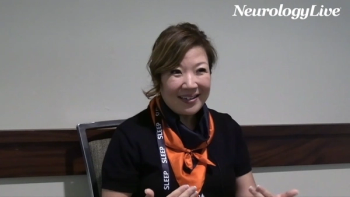
The sleep and stroke neurologist at Barrow Neurological Institute detailed how improving glymphatic function may prevent strokes and enhance recovery from both hemorrhagic and ischemic events. [WATCH TIME: 5 minutes]

Findings from the Jazz DUET study presented at SLEEP 2025 showed that low-sodium oxybate reduced daytime sleepiness and improved sleep parameters in patients with narcolepsy types 1 and 2.
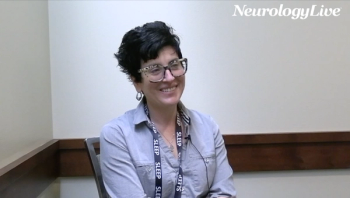
The neuropathologist at Mayo Clinic Florida discussed her presentation from SLEEP 2025, outlining how early tau accumulation in wake-promoting brain regions contributes to sleep disturbances before Alzheimer disease symptoms arise. [WATCH TIME: 3 minutes]

The neuroscientist and physician at Mount Sinai explored the role of sleep-dependent brain clearance in Alzheimer disease and how emerging research is challenging longstanding assumptions.
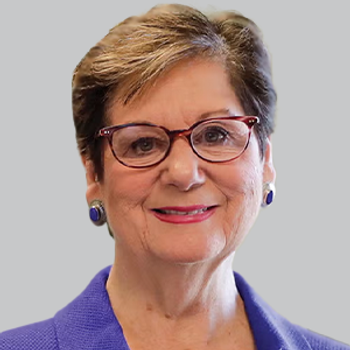
Data from a pair of phase 3 trials suggest that tirzepatide treatment may improve patient-reported measures of sleepiness in individuals with obstructive sleep apnea and obesity.

Prespecified analyses showed that obicetrapib significantly reduced primary outcome measure of Alzheimer disease biomarkers in both the overall population and APOE4 carriers.

New phase 2 trial data presented at SLEEP 2025 suggest TAK-861 significantly decreased microsleep frequency and delayed onset of first microsleep in individuals with narcolepsy type 1.
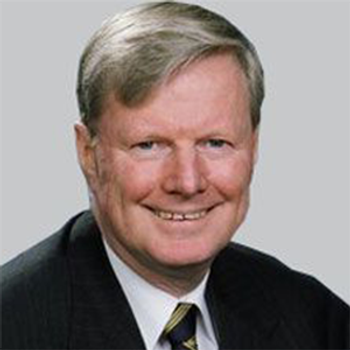
New analysis reveals insights on hypnagogic and hypnopompic hallucinations in narcolepsy patients treated with once-nightly sodium oxybate.

Catch up on any of the neurology news headlines you may have missed over the course of May 2025, compiled all into one place by the NeurologyLive® team.

A newly presented actigraphy-based algorithm demonstrated high accuracy in detecting daytime naps, offering insights into napping behavior changes in patients with narcolepsy type 1.
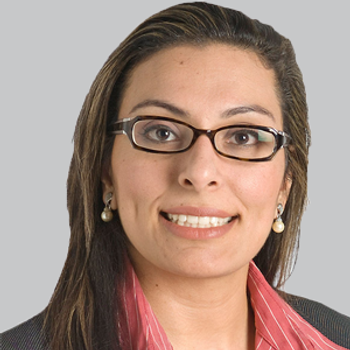
A recent analysis reveals the safety profile of once-nightly sodium oxybate for narcolepsy, highlighting low discontinuation rates and common adverse events.

A new study presented at SLEEP 2025 reported that more than one-quarter of pregnant women experienced restless legs syndrome, with prior history of the condition emerging as a significant risk factor.

New research reveals solriamfetol significantly enhances neuropsychological outcomes in patients with obstructive sleep apnea and excessive daytime sleepiness.

Recent research reveals that transcranial direct current stimulation (tDCS) shows no significant benefits for insomnia, highlighting the need for larger studies.

A newly presented study at SLEEP 2025 explored the practicality of various methods, such as the Apple Watch and polysomnogram, for assessing sleep in pediatric patients with Lennox-Gastaut syndrome.

Here's some of what is coming soon to NeurologyLive® this week.

A new study evaluates the effectiveness and safety of once-nightly sodium oxybate for narcolepsy, aiming to enhance patient treatment experiences.

A phase 2 study shows samelisant significantly reduces excessive daytime sleepiness in narcolepsy, paving the way for further research and development.
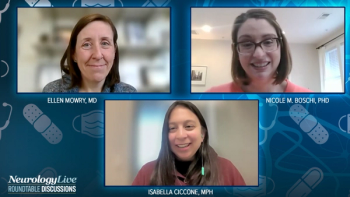
A patient and neurologist discussed personal and professional perspectives on treatment initiation, ongoing research, and patient advocacy in multiple sclerosis. [WATCH TIME: 5 minutes]

Test your neurology knowledge with NeurologyLive®'s weekly quiz series, featuring questions on a variety of clinical and historical neurology topics. This week's topic is on the care of parasomnias.
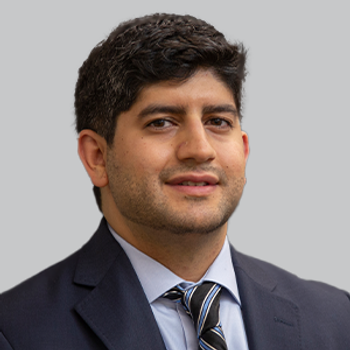
Sam Hooshmand, DO, assistant professor of neurology at the Medical College of Wisconsin, discussed the complexities of defining, diagnosing, and managing advanced MS.